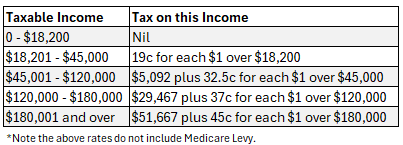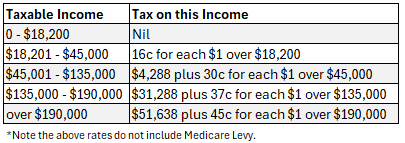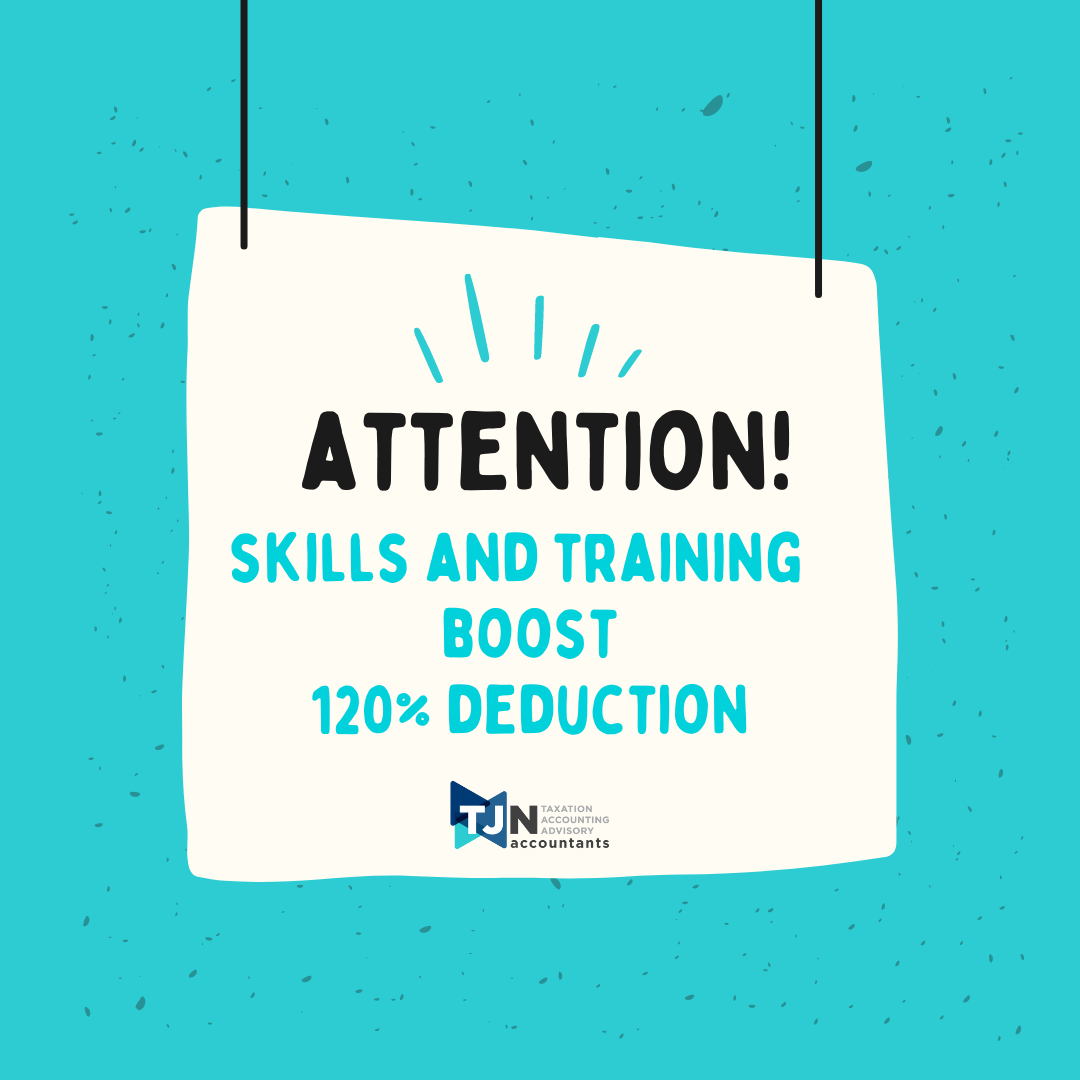Federal Election 2025
What Peter Dutton’s Budget Reply Means for Australian Households and Businesses
As the countdown to the 2025 Federal Election begins, all eyes are on the policies shaping the economic landscape. In his Opposition Budget Reply speech on 27 March 2025, Opposition Leader Peter Dutton outlined the Coalition’s vision for Australia—one focused on reducing cost-of-living pressures, boosting home ownership, and ensuring essential services are well funded.
With the official election date set to be announced tomorrow, Dutton’s speech is more than just a political statement—it’s the Coalition’s blueprint for the nation’s future.
Four Key Bills to Set the Tone
If elected, Dutton announced that the Coalition would hit the ground running, introducing four major legislative packages when Parliament resumes:
Energy Price Reduction Bill – to combat rising power bills through increased domestic energy supply.
Lower Immigration and More Homes for Australia Bill – aimed at easing housing pressures by reducing migration and ramping up housing supply.
Keep Australia Safe Bill – a broad initiative expected to cover national security and law enforcement.
Guaranteed Funding for Health, Education and Essential Services Bill – to ensure stability and support in key service areas.
Major Policy Highlights
Here’s a closer look at some of the key announcements in Dutton’s budget reply – and what they could mean for you:
🚗 Fuel Savings for Aussie Families
In a move to ease everyday expenses, the Opposition has pledged to halve the fuel excise for 12 months, with a review at the end of the period. This would put approximately $14 a week back in the pocket of a one-car household, or $28 for families with two cars.
🏡 Helping First Home Buyers Get Ahead
Under the proposed plan, first home buyers could access up to $50,000 of their superannuation to put toward a home deposit—potentially helping thousands break into the property market faster.
🏗️ Tackling the Housing Crisis
With the housing market under pressure, the Coalition is proposing a 25% cut to migration to free up housing and ease demand. This would be supported by a national energy plan and increased domestic gas production to reduce energy costs.
🛠️ Support for Small Business and Apprentices
Small business owners could benefit from an increase in the instant asset write-off threshold to $30,000, giving them more flexibility to invest in equipment and growth. The plan also includes a target of 400,000 new apprentices, aiming to build a stronger, skilled workforce for the future.
🧠 Funding Where It Matters Most
$400 million will be invested in youth mental health services, addressing growing concerns around the wellbeing of young Australians.
$50 million in funding to food charities will support their expansion, including school breakfast programs to help children start the day right.
What’s Next?
With the official campaign period just around the corner, this budget reply marks a pivotal moment in the election race. Whether you’re a small business owner, a first home buyer, or simply feeling the pinch from rising living costs, these policies offer a glimpse into what a Coalition-led government could prioritise.
Stay tuned as the Federal Election is officially called and the political debate ramps up. We’ll continue to break down what each party’s promises mean for you.
DISCLAIMER: The information in this article is general in nature and is not a substitute for professional advice. Accordingly, neither TJN Accountants nor any member or employee of TJN Accountants accepts any responsibility for any loss, however caused, as a result of reliance on this general information. We recommend that our formal advice be sought before acting in any of the areas. The article is issued as a helpful guide to clients and for their private information. Therefore it should be regarded as confidential and not be made available to any person without our consent.

Jeanette has over 20 years experience as an accountant in public practice. She is a Chartered Accountant, registered tax agent and accredited SMSF Association advisor. When she is not helping business owners grow their empires, you will likely find her out running on the trails or at the gym. Book in to see Jeanette today.














